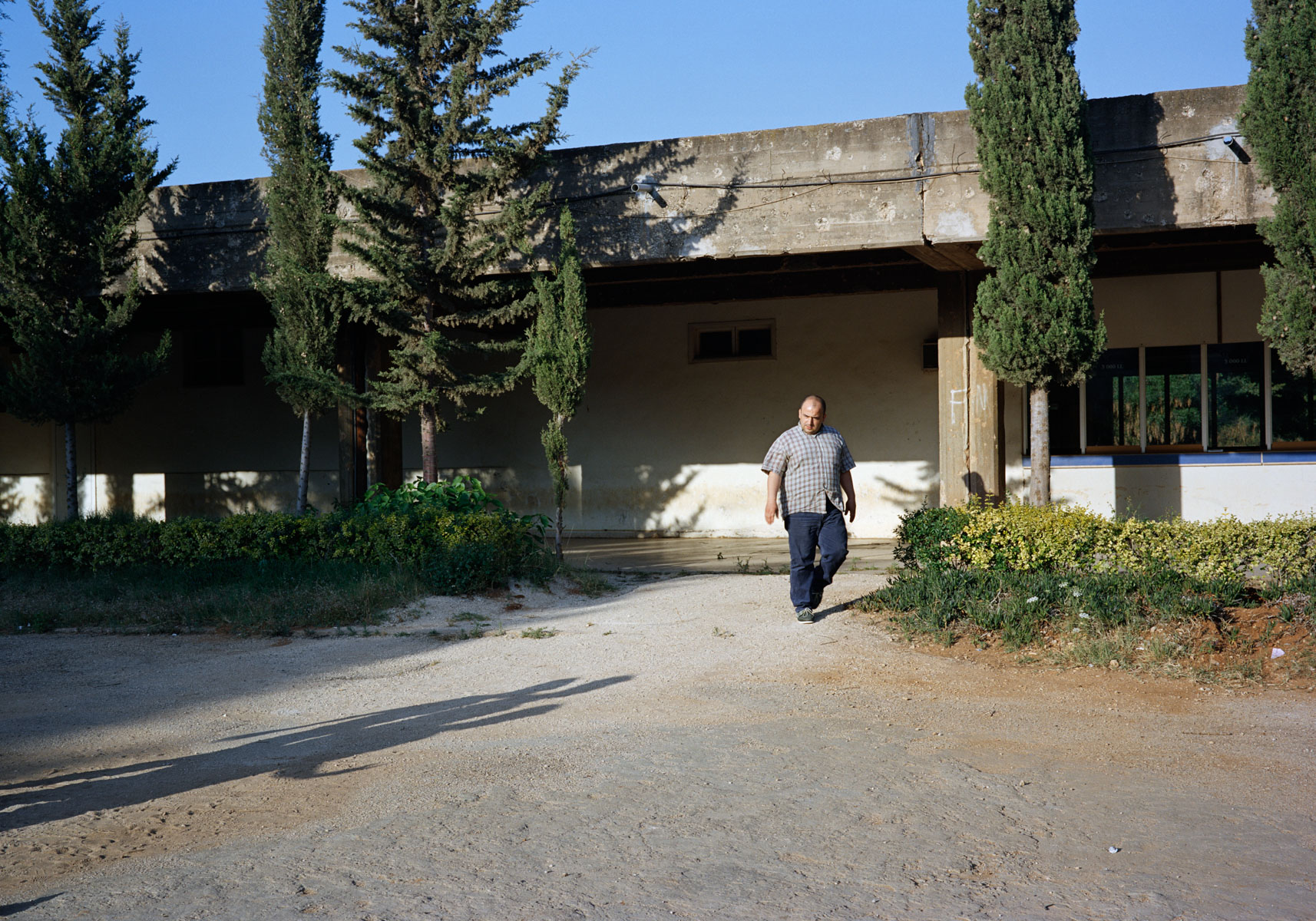












TENUOUS REPUBLICS
Matthew Connors presents apparently straightforward narratives of people moving through public spaces. Yet hidden in the work are questions: What is the dynamic of a city? And how can photography reveal this? The cities in his work are real places - Hong Kong, New York, Reykjavik - with real inhabitants, but his photographs depict fictional encounters in anonymous post-industrial cityscapes. He digitally assembles images from many photographs taken at a single location, merging small incidents and details that occur over a period of time. Through this process, the photographs become Connors' dramatization of missed interactions in a city. By seamlessly collaging a collection of moments into a single image, he challenges the idea that the temporal and spatial are inseparable. As in all good drama, the result is a waking dream, a believable conceit. The factual assumptions inherent in photography are called into question, as he softens the boundary between the probable and improbable.
- Charlotte Cotton

